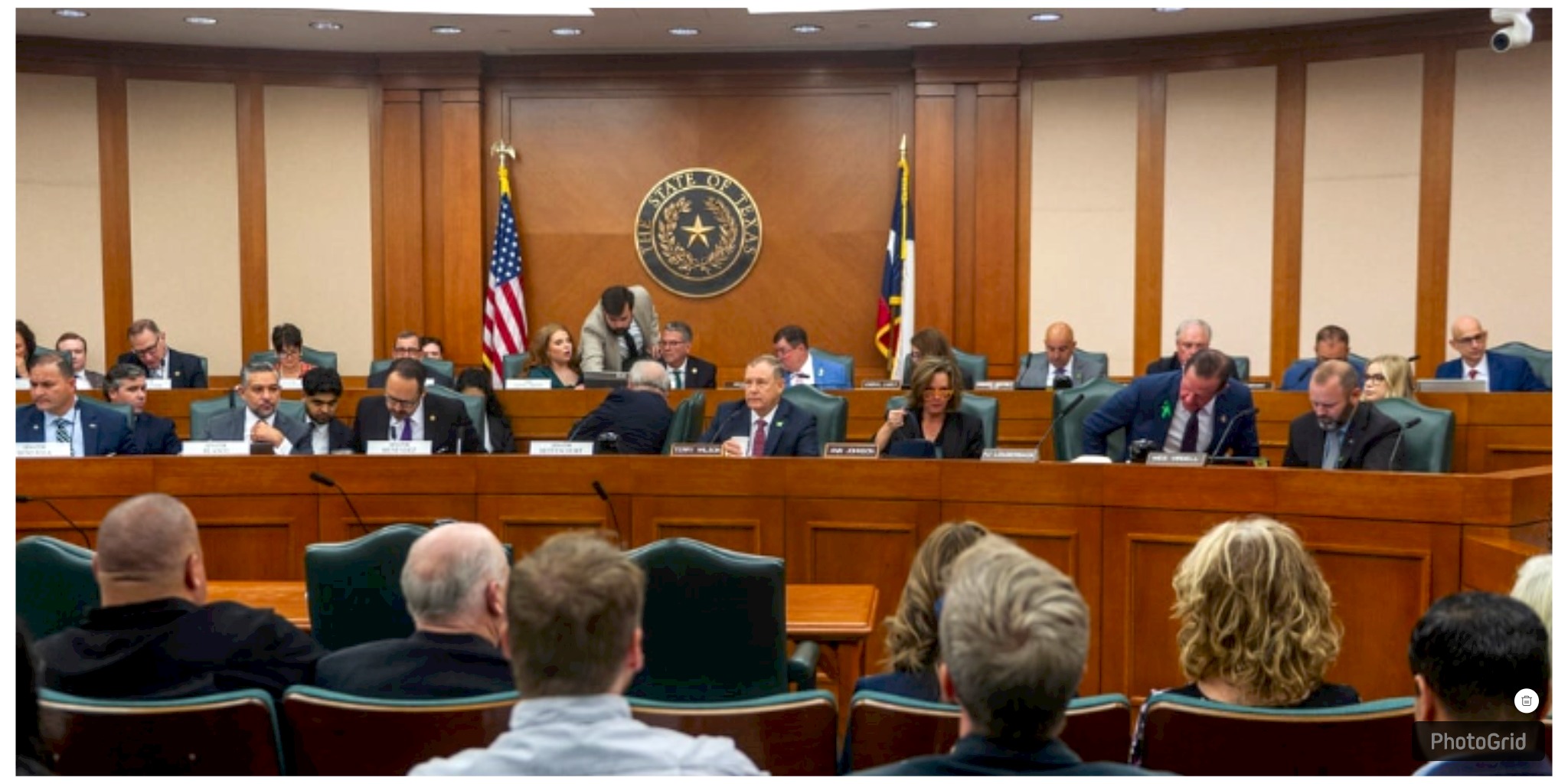
At a joint Texas Senate and House hearing Wednesday at the state capitol in Austin, lawmakers examined the state's reaction to the devastating flash floods that occurred in Central Texas over the July 4 holiday.
The joint session of the House and Senate Committees on Flooding and Disaster Preparedness featured both poignant testimony and scathing criticism. Following the deaths of over 130 people, including 107 in Kerr County alone, politicians turned their attention to what went wrong and how to avoid another catastrophe.
The Upper Guadalupe River Authority (UGRA), whose decision to forgo a projected flood warning system in 2024 received bipartisan outrage, was among the various state agencies and river authorities who spoke.
State Sen. Paul Bettencourt (R-Houston) referred to the UGRA board's decision to forgo the warning system as "pathetic," particularly considering that it had previously authorized a tax hike to finance a similar endeavor following a 1988 flood. The arrangement would have installed water-level sensing sensors at ten low-water crossings in Kerr County, which is renowned as "Flash Flood Alley" due to its rapid flood episodes.
Although they reapplied in 2024, the authority objected to the low state match. Instead, it developed a data dashboard, according to UGRA General Manager Tara Bushnoe, who stated that prior grant requests had been rejected in 2017 and 2018. Lawmakers rejected the dashboard because it was insufficient. Rep. King said, "We need gauges, not dashboards."
The hearing also uncovered serious systemic problems with the emergency response system in Texas. Testimony presented a dismal picture: first responders were unable to contact via radio, there were no uniform requirements for local emergency planners, and communication tools were unreliable. In his remarks, Texas Division of Emergency Management Chief Nim Kidd acknowledged these deficiencies and emphasized the importance of improved state-local coordination and local readiness.
Officials detailed terrifying rescue operations, including stuck individuals in trees, aid-delivering helicopters, and an 8-year-old child praying with first responders. A military chopper's collision with an approved drone forced it to land during rescue operations, which also caught lawmakers off guard.
Many local officials and citizens were unprepared for the flash floods that occurred in the early hours of July 4. The National Weather Service repeatedly issued warnings after 1 a.m., but it is unclear if local leaders received the warnings in time. Due to their scheduled appearance at a follow-up hearing in Kerrville on July 31, county representatives were unable to attend the session on Wednesday.
"We are better than this," said Rep. Joe Moody (D-El Paso), encapsulating the seriousness of the situation. Moody continued, “We’ve lost a lot in this. And it could have been better both before, during, and after. We know that. And that’s not a blame game. That’s accountability, and that’s okay. That’s what we’re here to do.”
Lawmakers promised to look into new legislation that would enhance communication networks, require emergency authorities to complete a minimum amount of training, and fortify coordination of flood response throughout Texas.
















From breaking news to thought-provoking opinion pieces, our newsletter keeps you informed and engaged with what matters most. Subscribe today and join our community of readers staying ahead of the curve.